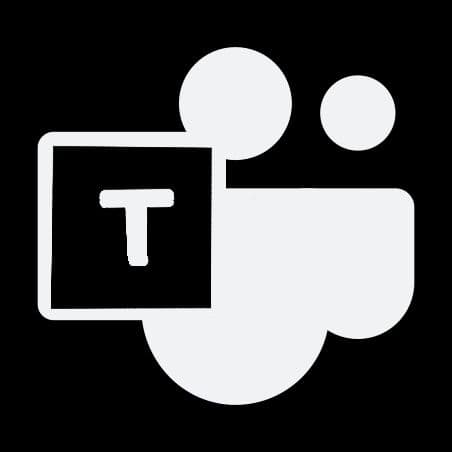I recently had the opportunity to participate in the Future Of Work conference, where I shared my views and experience on how optimizing processes can help drive focus and positively impact productivity. I was honored to be joined by one of our customers, Luke Collings from Gardiner & Theobald, who showcased how they have been empowering users to self-serve and create digital workspaces with pre-designed, pre-approved templates.
The inspiration for this session came from a book called “Deep Work” by Cal Newport, which I highly recommend to anyone who wants to gain a new perspective on their work and life. Newport defines deep work as "the ability to focus without distraction on a cognitively demanding task". He argues that deep work is the only way to stay relevant in an increasingly rapid, AI-based economy, as it allows individuals to quickly understand difficult topics and timely produce high-quality work.
The problem is that, in today’s work environment, distractions are everywhere, which makes it difficult to focus on what really matters. Open spaces, instant messaging and social media-like employee communication experiences are just three examples of work-related trends that can negatively impact productivity. According to a University of California Irvine study, it takes an average of 23 minutes and 15 seconds to get back to a task after an interruption.
When I first started working in Customer Success, I experienced this problem first-hand: every time sales handed off a new customer to customer success, the process of setting up a digital workspace to store customer related documents to which the customer could have access to involved multiple stakeholders and required numerous chats, emails and calls. Nowadays, every time a new customer is added to our CRM, a customer portal is created automatically in our intranet site. The account owner, and other stakeholders from the customer are immediately added as guests to that site. Any documents such as quotes and contracts are added to the site, which follows a predefined, pre-approved structure of pages and folders.
The first step in creating a deep work culture is revisiting your processes. By identifying inefficiencies, automating repetitive tasks and templatizing best practices, you will enable employees to focus on high-value work that requires their unique skills and expertise.
The benefits go beyond time savings, higher productivity or reduced costs: improved communication and collaboration between teams, easier employee onboarding, reduced errors and increased capacity for innovation are among the many benefits of automating repetitive, low value added tasks connected to digital workspace creation. Ultimately, these investment will improve employee satisfaction and drive customer loyalty.
If you want to learn more about how BindTuning can help you optimize your processes and create a deep work culture, please visit Automate365 or contact me for a demo. We would love to hear from you and help you achieve your goals.
Thank you for reading and I hope you found this article useful and interesting!
Book a demo!









